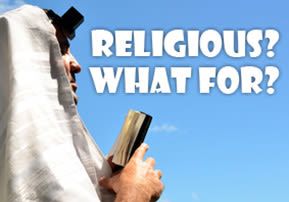
Nitzavim: Religious? What For?
Hashem tells us our choices - life and death, good and bad; He entreats us to choose life. Not just being "good" but connecting to eternal life...

Why do I need to be religious? Why isn't it enough just to be a good person? I don't know if you ever heard this question or an answer to this question but I'd like to share some thoughts on the subject. Let's start with some verses from this week's Torah reading which should provide an excellent backdrop.
"See that I put before you life and good and death and bad…to love Hashem your G-d, to go in His ways…and you should choose life in order that you and your offspring should live." This verse is both inspiring and somewhat puzzling. The Torah implores us to "choose life". Do we need the Torah's encouragement to choose the obvious? Only people that are not well would choose the opposite. Also, the choices of the verses seem extreme- life and death, good and bad. Are there really only two roads? Our lives are filled with so much gray, it's a little hard to relate to verses that paint life as black and white.
This week's reading falls out during the pre-Rosh Hashana season. There is a classic question relating to this time period, which deals with the issues raised above. The Rabbis teach us that on Rosh Hashana three books are opened. The first is for the righteous who are immediately written and inscribed for life. The second is for the wicked who are immediately written and inscribed for death. The third is for the people in the middle, neither fully righteous nor fully wicked, whose judgment is delayed until Yom Kippur. On the holiest day of year  their fate is sealed, to be among either the righteous or the opposite. According to this teaching, the final decree is ultimately only one of two options. Is that it? There's only two roads? Also, what about the righteous people who don't live through the year? Are they not really righteous?
their fate is sealed, to be among either the righteous or the opposite. According to this teaching, the final decree is ultimately only one of two options. Is that it? There's only two roads? Also, what about the righteous people who don't live through the year? Are they not really righteous?
Have you ever watched the Olympics? Undoubtedly you've witnessed some incredibly inspiring performances. It's likely you've seen interviews with the gold medal winners who describe the long trek to the gold. Was the road easy? Invariably, the athletes recount the long and excruciating road to triumph. They reflect on the hardships, the yearning for greatness, and ultimately the intoxicating taste of success. It's obvious that being just "good" has no place in the Olympics and doesn't produce gold medal winners.
In every field imaginable- music, theatre, literature, science, or whatever,the goal is always for greatness. Being good doesn't win Oscars, Nobel Peace Prizes, or pack the concert halls. We demand excellence in all aspect of life but when it comes to life itself we settle for being just "good"! How could someone reconcile on being just a "good" person? Startling.
One reason may be is that we don't have a clear picture of how to measure greatness in life, so we settle for "being good". When Hashem asks us to choose life and good, what does He mean? A vacation in the Bahamas? Three Mercedes per family? It's essential to clarify how the Torah defines these goals or else how can we "go for the gold"? Let's try to define life and good. I think we will find an understanding by defining their opposites.
In the well known story in Genesis, first man was told not to eat from the Fruit of Knowledge and if he does, he will die. Adam consumed the fruit and, lo and behold, he didn't immediately die. In fact, he lived for another 930 years. There are a number of explanations how to understand this apparent discrepancy but one particular approach is relevant to our discussion. We know that immediately after eating the fruit Adam was banned from the Garden of Eden. He was sent to wander, far from the closeness to Hashem he experienced while still in the Garden. That wandering, that distancing from Hashem is the "death" mentioned in the story. For a Jew, the defining factor of life and death is proximity or distance from the Source of Life.
Hashem tells us our choices- life and death, good and bad and He entreats us to choose life. Not just being "good" but connecting to eternal life found in His Torah. In essence He's telling us: "Why would you settle with only being a "good" person since you can connect to Me? Please don't make mediocrity a life goal." That is the choice Hashem puts in front of us, a life filled with ultimate meaning and purpose or death, an existentially pointless existence.
(I feel a strong need to share a personal note. I work with young men, often with addiction problems. Many of our students eventually stop the constant usage but continue using drugs or alcohol on an occasional basis. They often ask if they are functioning and taking care of their responsibilities, what's wrong with smoking or drinking? My response is that, of course, it's not as serious as the constant usage, but is such habits a reflection of being great? Their acceptance of this practice (along with millions of other decent citizens) is based on the "being a good person" principle. "I'm not hurting anyone and I'm taking care of my responsibilities, so why not smoke or drink?" Serious athletes and performers know that excellence is not a product of the "what's wrong with this" attitude. Greatness is borne only from the constant vision of "going for the gold".)
This too is what the judgment on Rosh Hashana and Yom Kippur is about. Until Moshiach, the finite nature of this world is reflected in physical death. But on Rosh Hashana the books are open for true good and bad, for spiritual life and death which is being decided during the High Holy Days. To the degree we connect to the Source of Life that will determine in which book we are inscribed.
May Hashem help us to choose life and good, not to settle on another year of just "being a good person" but to be great and strive to be greater. And we should all be written in the book of the righteous for a good, sweet year.


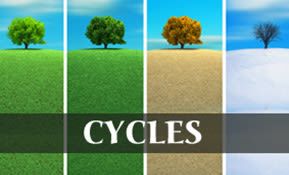
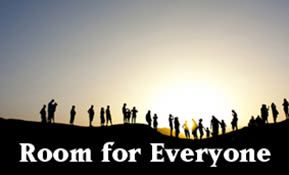



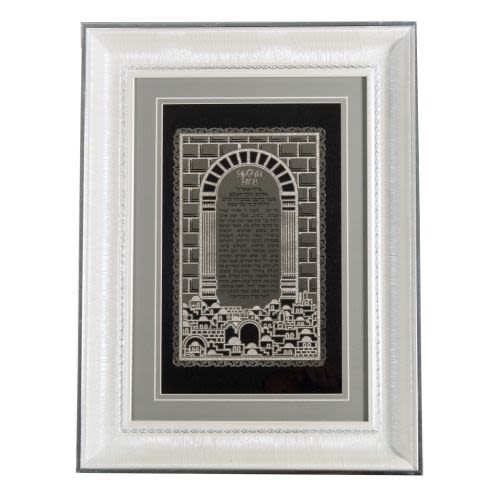
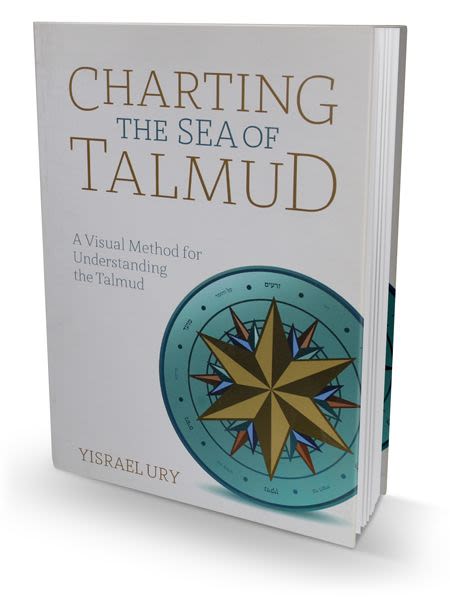
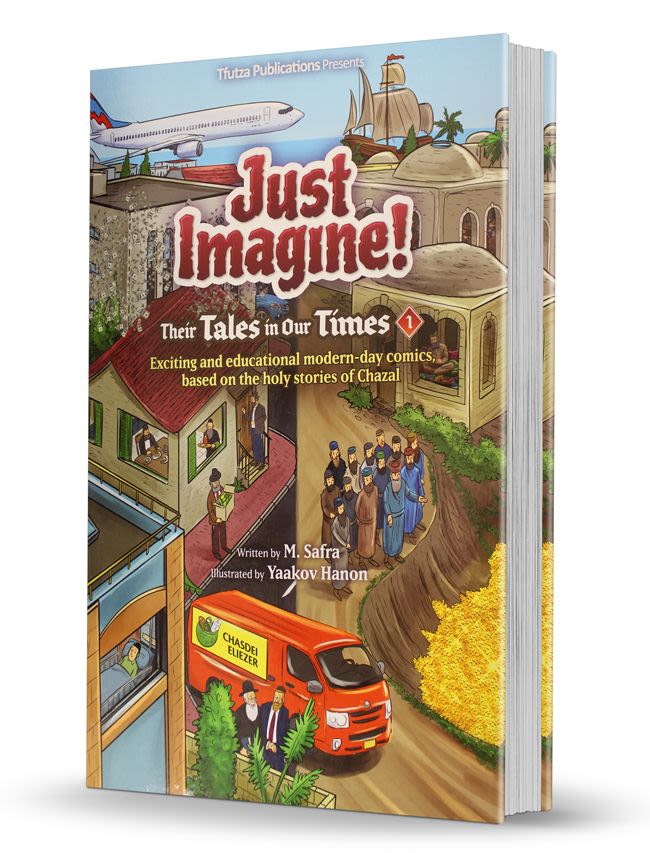
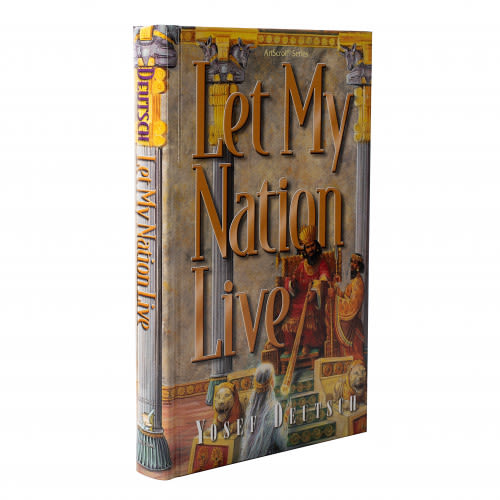
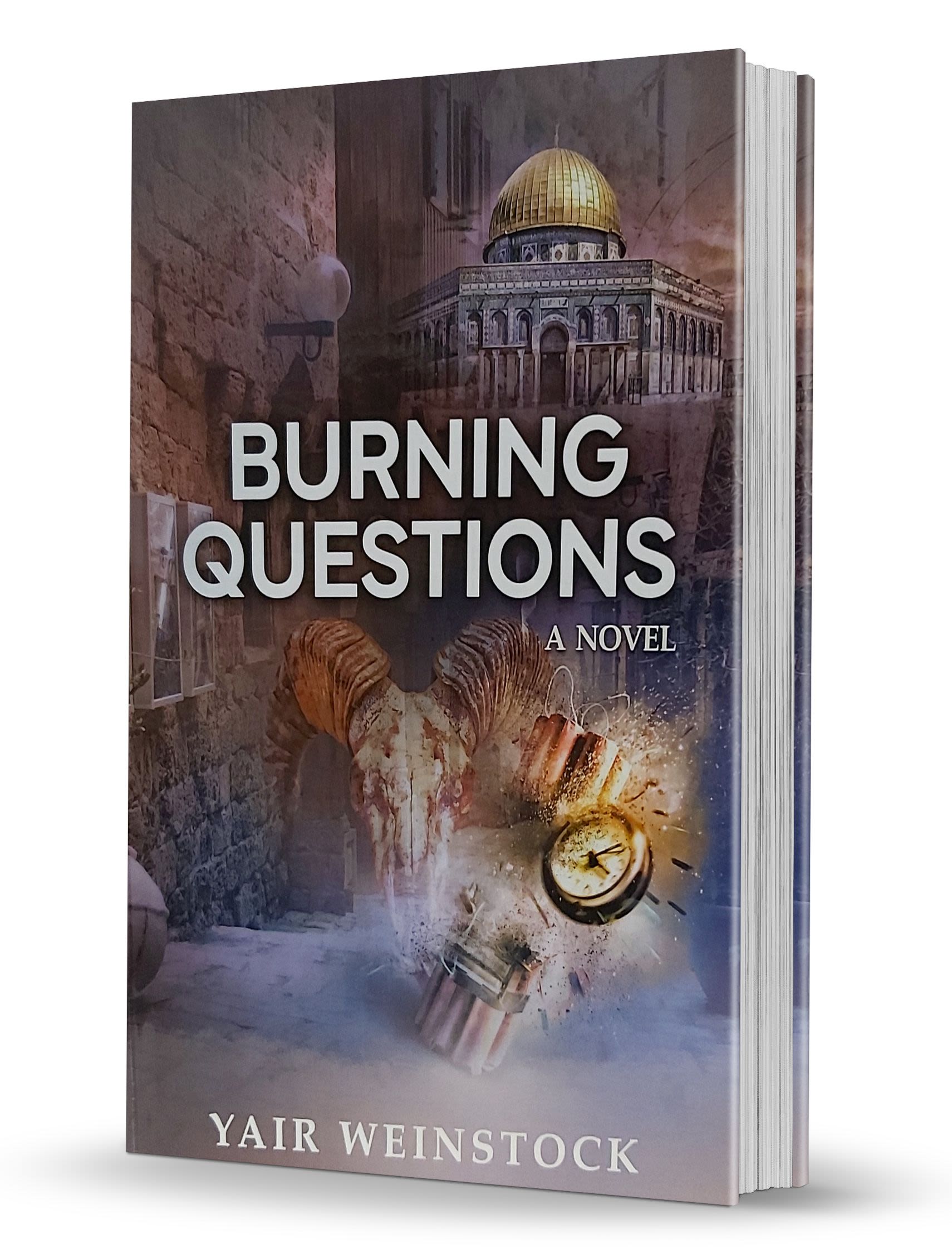
Tell us what you think!
Thank you for your comment!
It will be published after approval by the Editor.